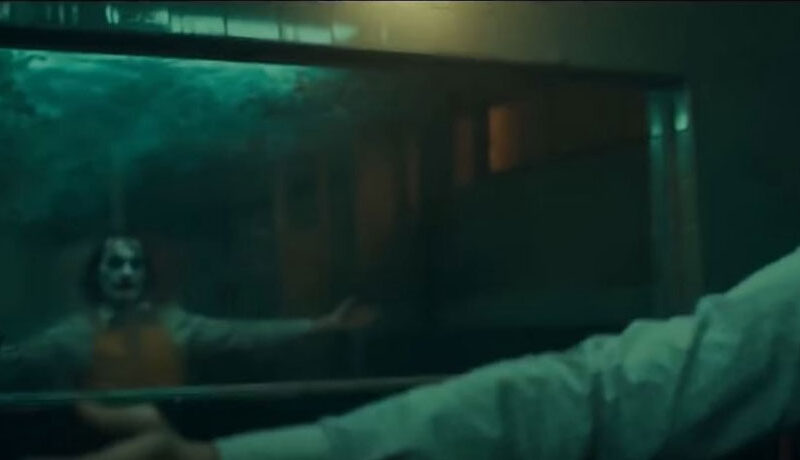How can I tell which films are OK for my child?
How can I tell which films are OK for my child? https://mediatrics.com/wp-content/themes/corpus/images/empty/thumbnail.jpg 150 150 Mediatrics Mediatrics https://mediatrics.com/wp-content/themes/corpus/images/empty/thumbnail.jpg Q: Are two year olds too young to see motion pictures? What about some of the Disney films, like Tangled? What should I consider when thinking about taking my kids to the movies?
– Movie-Curious Mom in Washington, DC
A: Dear Mom,
The answer to your question certainly depends in part on your child’s age, but it also depends on the movie you select and on your individual child. When deciding whether a child of any age should see a given movie, ask these questions:
How will it be perceived by your child’s brain at their stage in development?
We know that kids’ minds are works in progress: Nature determines which parts develop when, but it leaves room for that development to reflect the environments in which kids grow up. That means that everything children experience, from the games they play to the movies they see, becomes part of their growing understanding of how the world works and how they should behave in it. Particularly during the early years of life, when the brain is rapidly developing and refining new connections, all of these new experiences can actually affect the ways their brains are built—and, thus, the way they will work in the future.
Also note that young children’s brains can’t distinguish between fantasy and reality the way that adults’ brains can—even if they say they understand that something is only make believe.
Is the content appropriate for your child?
If you’re choosing a specific movie for your child, take a look at the parent-friendly reviews at Common Sense Media. (Here’s the one for Tangled.) Kids and adults see very different things watching the same movie, so try to look at the plot and action through the filter of your individual child’s mind. Although “scary” scenes may seem obviously fake to you, your child may respond differently—my own mother barely noticed how terrified I was watching my first movie, Disney’s Snow White and the Seven Dwarfs, at age 5. And research shows that, like Snow White, 100% of feature-length animated films created between 1939 and 2000 included scenes of violence, so the fact that it’s animated doesn’t necessarily mean that it will feel safe to your child.
Part of the challenge for parents is that movies are made for (and marketed to) those who buy the tickets. Even in the case of kids’ movies, then, the target audience is really the grown-ups: Story lines and dialogue with more adult meaning are included so that parents can enjoy aspects of the movie that seem to “go over the kids’ heads.” As we are all guilty of believing that our children can handle material that’s too advanced for them, we may inadvertently—with the best of intentions—expose them to films that are inappropriate for their age or stage of development. So in choosing a movie, pay attention to your child and her reactions, not to the movie’s marketing.
Remember also that in your child’s eyes, the fact that you watch a movie means that you endorse it. That may encourage her to sit through it regardless of whether she finds it enjoyable, educational, or even comprehensible. Why? Because she takes her cues from you. If there’s something in the movie you’d like her to not take at face value, either don’t show it to her at all or call it out as unacceptable.
What will the sensory experience be like?
Young children are very sensory, so whether you watch a film on the couch at home or in an unfamiliar theater on the big screen with booming surround sound will dramatically change his experience of the film. (If it’s in 3-D, that adds another dimension of complexity.)
Who is your individual child?
In thinking through sharing any media with your child, try to imagine the whole experience, sensory and content-wise, through her mind. Will her attention span allow her to sit through a two-hour movie like Tangled? (If she’s two, probably not.) Has she ever been in a big, loud place like a movie theater for any length of time? How did she handle it?
If what you imagine her seeing, hearing, and understanding is what you want for her to experience, then take her and enjoy it together. But—and this goes for any media experience with a child of any age—if you notice that she seems frightened, confused, or bored while watching, offer her the opportunity to do something else. You want media to provide positive, lasting impressions about lessons learned and time spent with you: A lifetime of scary forest memories just isn’t worth it.
These related Q&As may offer some movie-choosing insight as well:
- What are some good kids’ movies for my 5 year old to enjoy?
- My daughter got scared by a movie, what should I do?
- How can I prevent my child from being upset by media content?
Enjoy your media and use them wisely,
The Mediatrician®



